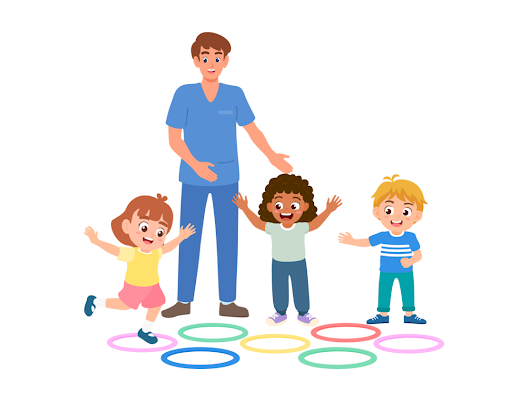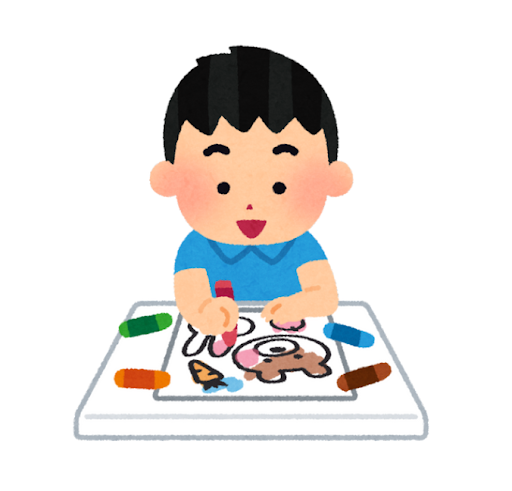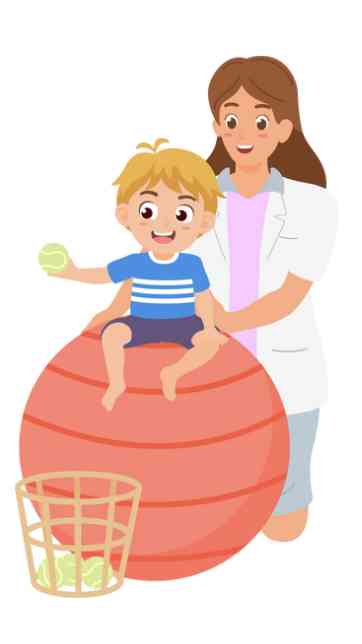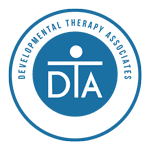Education: The Process of Becoming an OT!
- Master’s (1.5-2 years) or Doctorate (2-3 years) and passing a national board exam
- Complete 4 or more internships throughout schooling to work one-on-one with clients to develop and hone the skills learned in the classroom.
- Specific education on child development from birth into adulthood
- Continuing education that has to be completed yearly to maintain licensure and stay updated on the most recent research and approaches in treating neurodiverse children

The Scope of An OT:

- Formal assessment, we can use it to help us develop goal areas and assess areas of strength and areas to work on
- Treatment approaches, how to break down a task by each individual step (task analysis), and how to provide kids with the “just right challenge” based on where they are in skill development
- OTs are trained extensively in sensory processing and integration, understanding how sensory input (e.g., tactile, vestibular, proprioceptive) impacts behavior, attention, and learning.
- OTs use sensory-based interventions to support self-regulation, attention, and arousal levels.
- OTs are able to educate on how to modify, adjust, adapt the environment and activities of daily living to meet the child where they are for independence
An OT’s approach to your child’s development.
- Consideration of chronological age vs. developmental age
- Consideration on how the intervention supports the child, what impact it is having on the child, and how they are responding to it, so that we can tailor our plan and approach as needed
- Child-led and taking the child’s interests and developmental level into consideration when developing goal areas
- Building skills that have a functional goal and impact in their day-to-day life
- OT practice is occupation-based, meaning it considers the individual’s meaningful roles and goals within their environment, rather than focusing solely on observable behaviors.

Areas and Skills best worked on with a licensed Occupational Therapist:

- Activities of daily living: self-care tasks such as dressing, bathing, toileting, eating, grooming, walking, and overall personal hygiene.
- Instrumental Activities of Daily Living: these are tasks that support independence in day-to-day life: cooking, cleaning, home maintenance, laundry, shopping, etc.
- Education
- Play
- Sleep
- Leisure
- Social Participation
- Sensory Processing Integration
- Motor development

